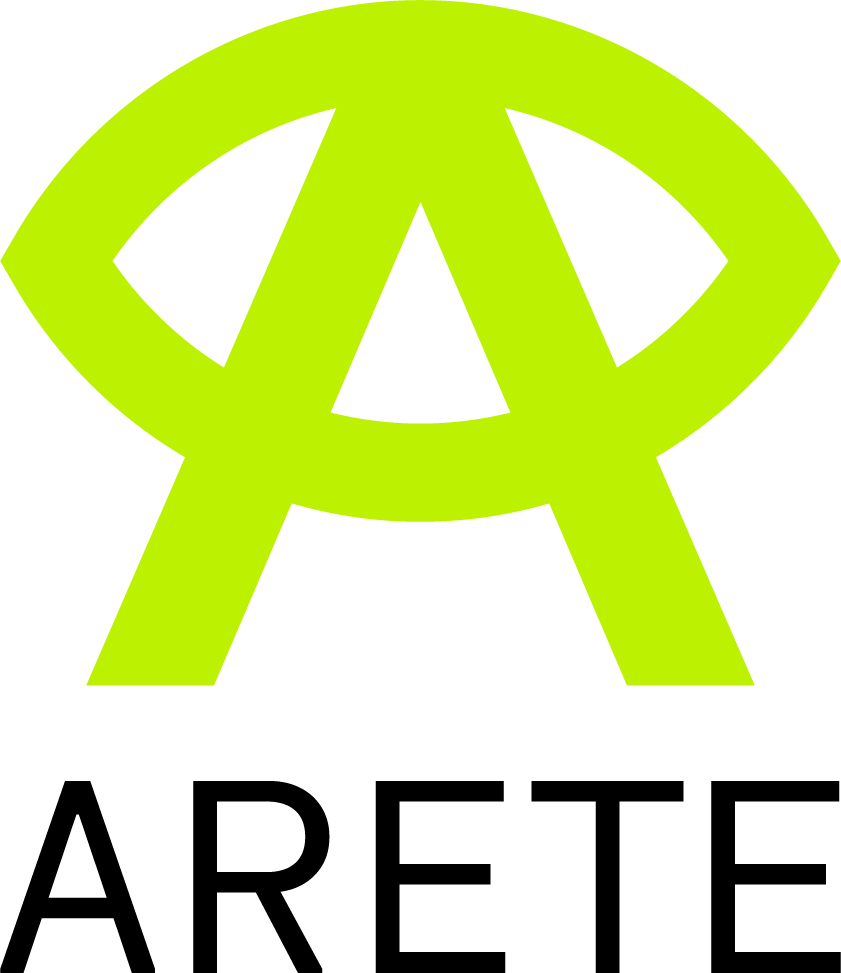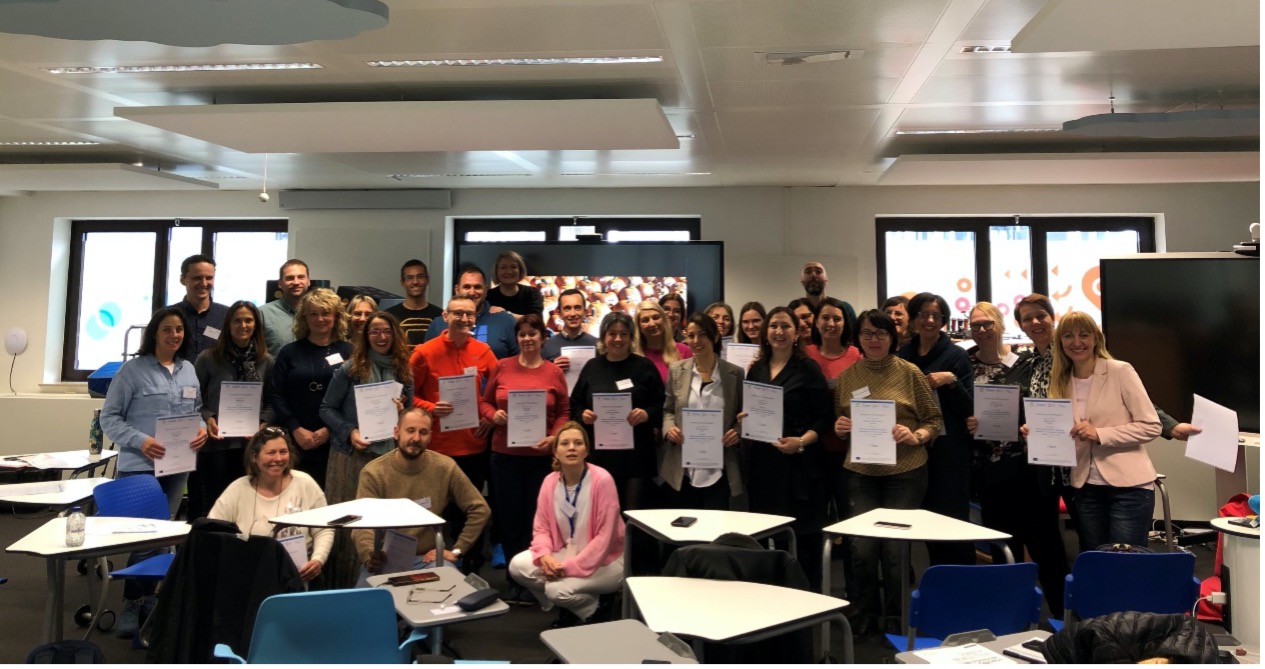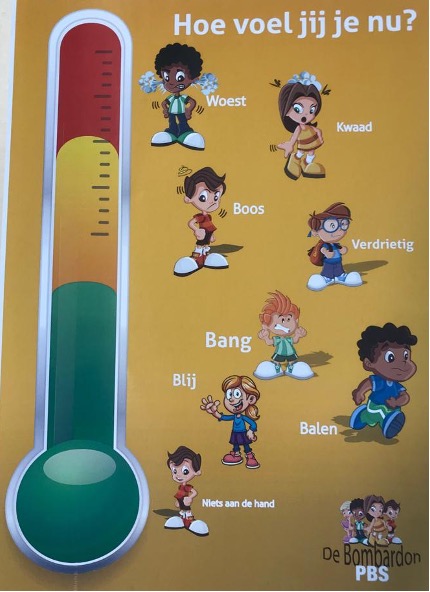Towards the Kick-off of the First Round of the Positive Behavior Interventions and Support (PBIS) Pilot for the ARETE-Project
Introduction
Improving education for youth around the world is the primary goal of every educational professional. Within the ARETE consortium, we believe that important steps towards this goal can be made by incorporating novel technological developments into existing educational curricula. We specifically believe that Augmented Reality (AR) can have many beneficial effects with regards to enhancing students’ educational experience and learning. Please check out this blogs if you're unfamiliar with our work and/or visit our website!
One of the pilots we are working on is focused on improving primary school students' social behavioral and emotional learning by embedding AR into the behavioral lessons that are part of education within the Positive Behavior Interventions & Support (PBIS) framework. PBIS is a schoolwide approach focused on improving students’ self-regulation and behavioral management skills (Sugai & Horner, 2020). The idea is that by teaching students about desired, positive behavior in a structured way backed-up by solid behavioral scientific principles, behavioral problems can be decreased, and a positive social learning climate is facilitated. Check out the official PBIS website if you want to know and/or learn more about PBIS. A lot of research and development steps had to be—and still are to be—taken to properly embed AR into PBIS. Some of the previous steps we have taken towards this goal were written down in one of our earlier blogs and will only be shortly summarized here. In the present blog we want to update you about some of the final preparation work done by the Dutch and Italian members of the ARETE consortium towards the kick-off of the first round of the ARETE-PBIS pilot.
Research and Development of the ARETE — PBIS behavioral lesson package
In an intense research and development process—suffering from delays because of the ongoing COVID-19 pandemic—we first developed a universal ARETE Behavioral Expectation matrix for PBIS as the base for our ARETE — PBIS behavioral lesson package. Again, you can read about this process in more detail in one of our earlier blogs. This Behavioral Expectation Matrix consisted of behavioral expectations—or behavioral rules—for students (and school staff!) to adhere to in- and outside of school bounds, focused on the school values of respect, safety, and responsibility. The input for the ARETE Behavioral Expectation matrix was derived from qualitative and quantitative data collected through systematic literature review, focus groups with stakeholders, and the PBIS in Europe study executed by the Dutch and Italian ARETE consortium members (Pronk, Jongejan, & Goei, 2021).
The ARETE Behavioral Expectation matrix formed the basis of a behavioral lesson design study executed between May of 2021 and October of 2021 by the Dutch ARETE consortium members in collaboration with teams of PBIS-experts and teachers. In a structured lesson design process consisting of several meetings, these stakeholder-teams have planned, developed, and evaluated a total of 9 behavioral lessons. All these behavioral lessons were designed in such a way that the lessons can be tailored to the specific educational needs of students within a particular classroom setting, while still following a universal lesson plan. After finalizing the evaluation process in October 2021, the Dutch members of the ARETE consortium bundled the developed lessons and added an instruction manual. An overview of the ARETE — PBIS behavioral lesson package can be found in Table 1 below:
|
Ranking: |
Behavioral expectation: |
| 1 |
I throw trash in the trash can |
| 2 |
I flush the toilet after my visit |
| 3 |
I stand up for others |
| 4 |
I keep my workspace organized |
| 5 |
I wash my hands (with soap) and dry them |
| 6 |
I sit while I eat/ drink |
|
I help others (who have questions) |
|
| 7 |
I store my belongings |
| 8 |
I greet others |
| 9 |
I work independently at my desk |
| 10 |
I keep my hands/ feet to myself |
| 11 |
I use stop/ walk/ talk to solve problems |
|
I let others be (I let others play) |
|
| 12 |
I walk with a goal |
| 13 |
I keep doors open for others |
|
|
Towards the kick-off of the first round of the ARETE PBIS pilot
With the ARETE — PBIS behavioral lesson package ready, the first round of the ARETE PBIS pilot was ready for kick-off. Unfortunately, the ongoing COVID-19 pandemic forced us to slightly delay the start of the intervention until January of 2022. In this first round of the pilot, the behavioral lesson package will be evaluated as a stand-alone intervention package. That is, AR is not yet embedded within the behavioral lesson package. The Italian members of the ARETE consortium are working hard on realizing the PBIS-AR mobile application and its content. More information about this development process can be found in this earlier ARETE blog. This development process will only be finalized over the course of 2022. Hence, the effectiveness of embedding AR into education within the PBIS-framework can only be evaluated in the school year of 2022-2023. Therefore, full focus now—in the first evaluation round—is on the effectiveness of the ARETE — PBIS behavioral lesson package in improving students’ executive functioning skills, behavioral strengths and difficulties, (social, academic, and emotional) self-efficacy and competence, classroom climate, and peer relationships. Moreover, the behavioral lesson package itself will be evaluated with participating teachers and students to see if any further changes and improvements can be made to make the package reach its full potential next school year, when the AR content will be embedded into the package.
The first round of the pilot is executed in the Netherlands and in Italy in a small sample of 8 schools and 10 classrooms. At the time of writing this blog, the pre-intervention assessment is in full swing in the Netherlands and planned to be finalized in the first half of January of 2022. In Italy, the pre-intervention assessment will start in January 2022 and is planned to be finalized by the end of January. In the end of January 2022 and the beginning of February respectively, teachers in the participating schools will start to teach the ARETE — PBIS behavioral lesson package. At the end of the school year, in June 2022, we will run the post-intervention assessment which will enable us to evaluate the effectiveness of the developed behavioral lesson package. Only then, will we be able to have a first look at the results of the exciting scientific endeavor towards embedding AR into PBIS with which we have started in November 2019 as ARETE consortium!
Exciting times are thus still ahead of us in the coming months and years! Keep your eyes peeled for future posts about the ARETE PBIS pilot. Also, be sure to check out the official website of the ARETE consortium frequently and to subscribe to our Twitter and LinkedIn, so you can rest assured that you will always stay up to date about all exciting technological and educational innovations the ARETE consortium is working on!
References
Pronk, J., Jongejan, W., & Goei, S. L. (2021). Verrijking van PBS met Augmented Reality: Het ARETE-project [Augmenting PBIS with Augmented Reality: The ARETE-project]. Zorg Primair, 7, 12-15. https://assets.vu.nl/d8b6f1f5-816c-005b-1dc1-e363dd7ce9a5/0655e931-3c73-4725-810e-32e3e3dd48b3/ZorgPrimar%20nov21%20ARETE.pdf
Sugai, G., & Horner, R. H. (2020). Sustaining and scaling Positive Behavior Interventions and Supports: Implementation drivers, outcomes, and considerations. Exceptional Children, 86, 120-136. https://doi.org/10.1177/0014402919855331
Jeroen Pronk, Sui Lin Goei, & Wilma Jongejan
Vrije Universiteit Amsterdam, the Netherlands



